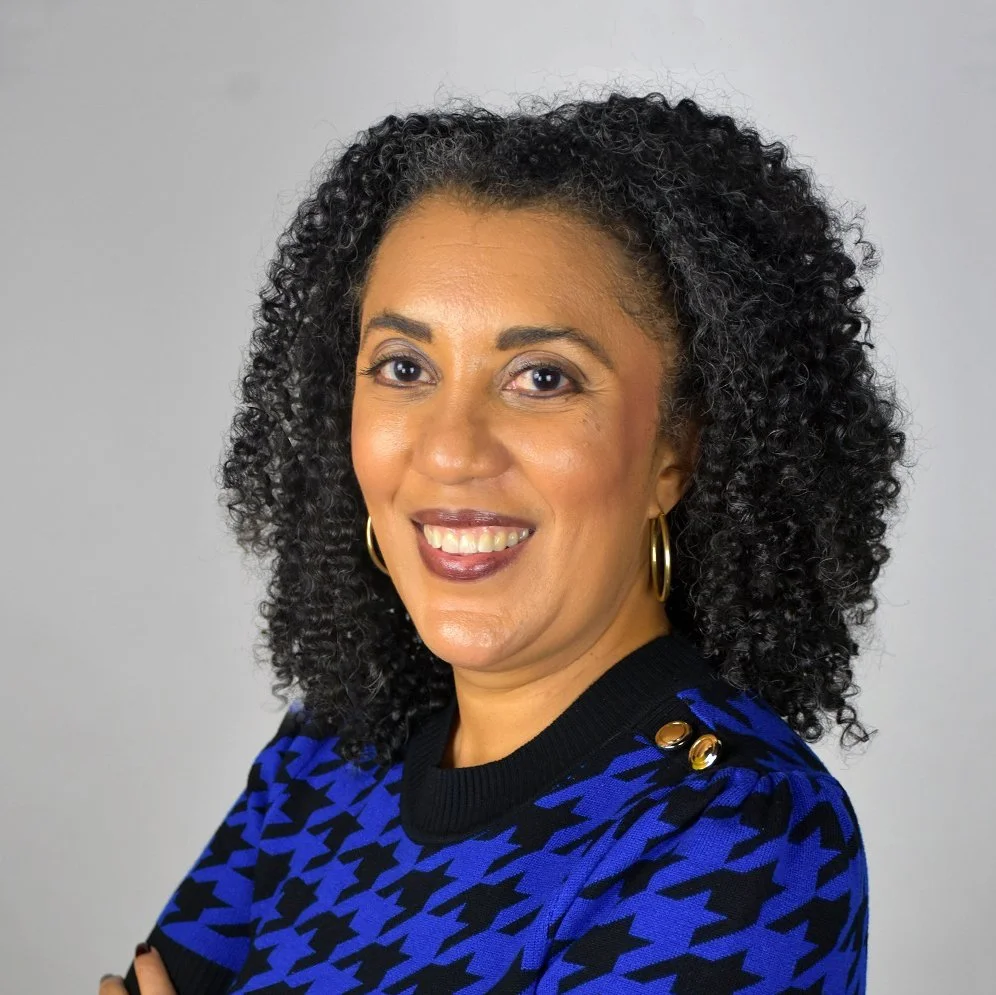Latest News
AARP Connecticut announced the 10 top-scoring livable communities across the state, as part of the 10th anniversary of the AARP Livability Index™ platform. This year, West Hartford leads the way, followed by Hartford, Essex, Farmington, and Newington.
In 2025, Connecticut jumped to #3 in the state rankings from #21 a year ago, the largest advancement of any state in the annual arts-vibrancy rankings..
Connecticut State Comptroller Sean Scanlon has announced that he is running for re-election this year, seeking his second four-year term in that office.
The Connecticut Airport Authority (CAA) has announced that Bradley International Airport (BDL) has reached a major milestone as part of the ongoing terminal expansion that has been underway since March 2023.
Community partnerships are a key component of the University of Hartford’s approach to the higher education provided to students, and during the current academic year new partnerhips have taken root.
The Community Foundation for Greater New Haven looks back at recent milestones in the region and what they might mean for what’s ahead.
A newly released ranking of the Best States for Social Activism showed Minnesota leading the way, and Connecticut rounding out the top 10.
Amidst a tumultuous time in American democracy, high school students from four local school districts are headed to Connecticut’s Old State House this Saturday, January 24, to participate in Connecticut's We The People: The Citizen and the Constitution State Finals.
The need for children’s behavioral health services has never been more urgent. In 2023, 40% of high school students in the U.S. reported persistent feelings of sadness and hopelessness, a 33% increase compared to a decade earlier. Solutions can, and must, be pursued.
An Open Letter from University of Connecticut President Radenka Maric to the UConn community, highlighting key accomplistments of 2025 and looking ahead to 2026, was distributed by the University this month.
The MetroHartford Alliance’s investor network - now over 350 organizations across more than 20 industries - is one of the region’s greatest assets, particularly as 2026 gets underway.
Girls aren’t lacking ambition, creativity, or skills. They’re lacking visibility. You can’t dream of a career you’ve never seen. You can’t step into a room you didn’t know existed. Observation is a starting point, but participation is where confidence grows. Here are five simple actions anyone can take - which can make a difference.
Storytelling is the art of using narratives to convey information, experiences, or ideas – and so much more.
Since the 1800s, Conneticut has been known as “the land of steady habits.” What story would the land tell about Connecticut’s history and politics?
Third places are significant contributors to what is increasingly referred to as “social infrastructure.” A recent report suggests that the Capitol Region needs more, for numerous reasons, including our individual and collective well-being.
We need a federal law establishing a system that protects every child, no matter where they come from or what their family's circumstances might be. The App Store Accountability Act would require app stores to obtain parental permission before minors download apps, creating a single, accessible system.
Whether they highlighted religious and cultural heritage, military accomplishments, or the cyclical rhythms of nature, festivals and parades had one purpose in common. They were communal, collective affairs with interfenerational revelers and participants, where something was “brought to remembrance,” as the origins of the verb commemorate remind us. They were a chance to make memories together.
Eliminating weight stigma in public health requires collective, cross-disciplinary efforts.Stigma reduction initiatives will be most effective through increased recognition of weight stigma as a legitimate social justice issue.
The numbers show that we need a new approach to stopping these crimes and immediate action in Congress. As the crimes have evolved, the government’s response to stopping them has failed to do the same.
One of the most pressing challenges facing our families is protecting children in an increasingly digital world. Our families deserve a system that works for them.
Hartford’s future as a dynamic economic hub hinges on a critical element: housing. And therein lies the challenge - and the opportunity.
Of the 44 million meals we provided last year, millions were served up as warm, healthy plates of food served at over 50 community kitchens across Connecticut. In every city and town, people struggle with the cost of food, reduced income, and even worse – homelessness.
Like the rest of the nation, Connecticut has seen a rise in book challenges in the last three years. In 2023, over 100 different titles were challenged in Connecticut libraries.
The Connecticut State Dental Association strongly supports the legislation at the State Capitol which would enable Connecticut residents to continue to benefit from fluoridated community water systems, as they have since 1965, by enabling our state to control the fluoridation levels.
Flat funding this program, as proposed, will effectuate a significant CUT to need-based scholarships for Connecticut students. Now is the time for the legislature to invest in this program.
Some Connecticut families could see an increase of $3,000 per year for health coverage if legislation is not passed soon.
2024 presented numerous opportunities for the Community Engagement/ Outreach program at Disability Rights Connecticut (DRCT) to expand its reach across the state.
Congress must prioritize federal legislation that protects these essential online relationships while also ensuring that children’s personal data isn’t exploited by social media platforms. Connecticut’s Congressional delegation must lead the charge.
The Better Business Bureau recommends adding a few precautionary steps to the New Year's resolution list to help make the upcoming days and months fraud-free, as 2025 gets underway.
Immediate attention is needed to ensure community-based crisis services continue. A 12-page policy brief and recommendations published this month by the Child Health and Development Institute outlines what needs to be done, and the funding required to accomplish the imperative objectives.
Home to several esteemed higher education institutions, Hartford’s culture, economy, and daily life are deeply shaped by its colleges and universities. These institutions are at the heart of our city.
Today, we often walk with our heads down. We’re looking at texts on our phones or – in my case – trying not to trip over our feet or a raised edge of the sidewalk. That’s only the beginning of the journey, as we walk across time and memory
What changed my trajectory wasn’t luck—it was people and programs that believed in my potential when I couldn’t see it for myself. Too many young people don’t have access to even one person or program to help them see their worth. Instead, they’re left navigating systems that feel more like barriers than bridges to success. Connecticut needs to change that trajectory for disconnected and at-risk youth.
When people hear the word “disaster,” they often think of it as an acute event, a disruption, or something unpredictable. However, many weather events we may refer to as disasters are not matters of pure chance, but rather the result patterns and decisions over a longer timetable.
Capital One’s proposed $265 billion Community Benefits Plan (CBP) can be a major step toward achieving economic and social equity, especially for communities often left behind by traditional banking.
When former Connecticut U.S. Senator Christopher Dodd talked with Avon High School students about a book he wrote about his father’s role in the historic Nuremberg trials after World War II, it was history that was as much about the future as the past, one of the students explains.
Our teens deserve an online environment that is safe, nurturing, and conducive to positive community building.
Lawmakers should be going after criminals who steal people’s money, but instead, they are attacking payment platforms like Zelle. That’s the wrong approach. Targeting the services instead of the criminals does not solve any issue.

As reported recently by the Boys & Girls Clubs of Greater New Haven, reviewing 2025:
Over 1,100 young people served across Greater New Haven
200+ tweens and teens participated in weekly leadership, workforce readiness, and enrichment programs
90+ youth received personalized academic tutoring in literacy and math
10 Club and school-based locations provided daily mentorship, meals, and support

Connecticut’s top foreign Export and Import trading partners, ranked by 2024 dollars.
Source: U.S. Department of Commerce, International Trade Administration, as published by Hartford Business Journal.


Scene in Connecticut proudly features the work of Connecticut photographer Abigail Bowden ©2025




Visit the Scene in Connecticut gallery featuring photography by Abigail Bowden exclusively for Connecticut by the Numbers. Images may be reproduced only with permission.







































































